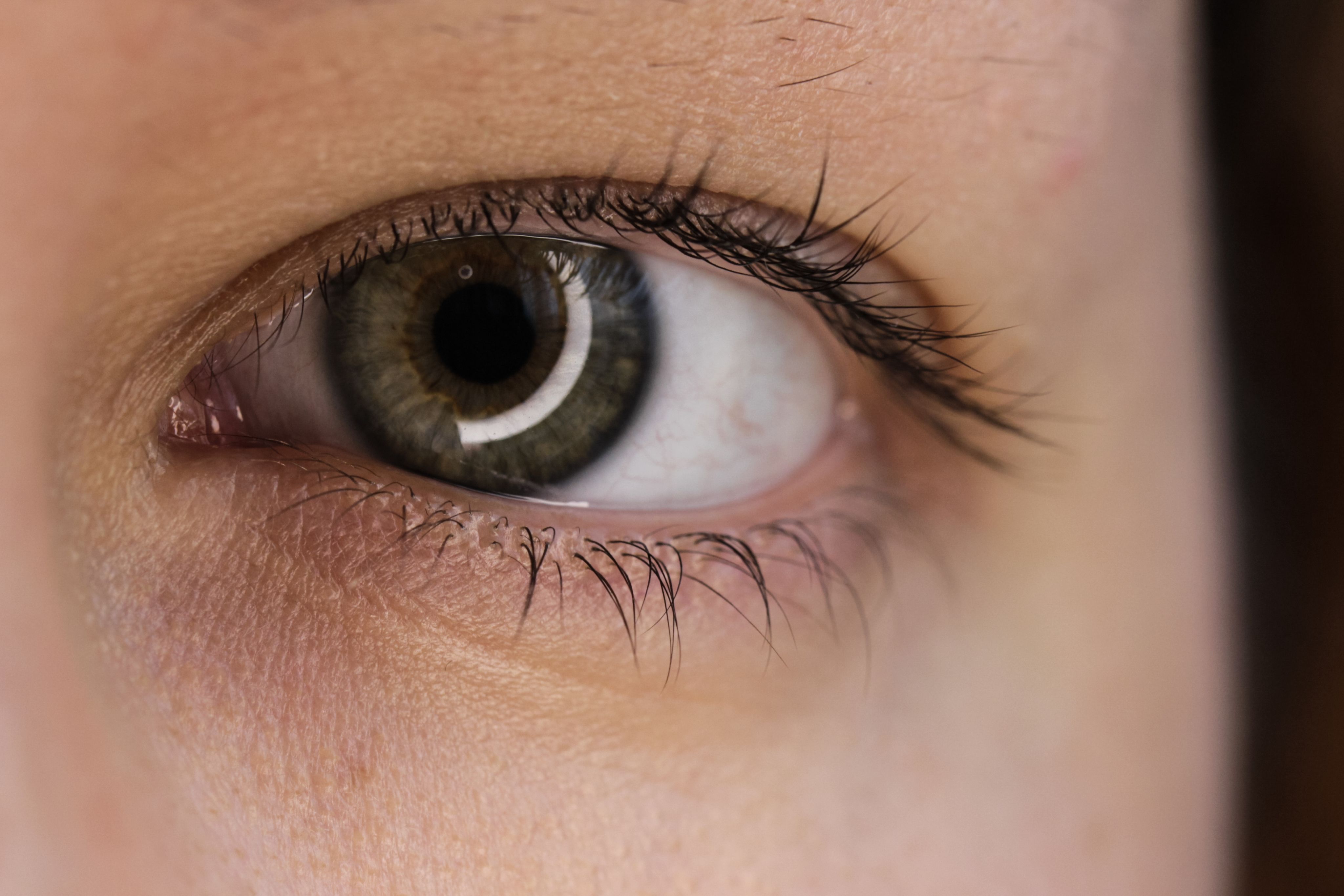Diabetic retinopathy
RegenoMac- a novel treatment solution for persistent or refractory DMO

The prevalence of diabetes is rapidly increasing globally. This consequently increases the occurrence of diabetes-associated complications. One devastating complication is diabetes-associated vision loss or diabetic retinopathy. Diabetic retinopathy affects the back of the eye, impacting central vision and is the leading cause of blindness in the working population of high-income countries.
While prevention is better than a cure with diabetic retinopathy, unfortunately one in four people living with diabetes in the US will develop some form of diabetic retinopathy. A common condition associated with diabetic retinopathy is the formation of a swelling, or oedema in the retina known as a diabetic macular oedema (DMO).
One in fifty people living with diabetes will develop sight threatening DMO requiring treatment. This can have an impact on the person and their family, with a family member potentially having to take on the role of carer if sight loss occurs. Screening programmes aid in identifying people at risk of diabetic retinopathy early, helping to prevent progression to vision loss.

Some people identified as being at risk of retinopathy may be monitored regularly by their ophthalmologist. If the retinopathy progresses, injections can be administered that help to reduce the swelling at the back of the eye that can interfere with vision. These injections are expensive and need to be administered frequently. This means that people have to go to the hospital regularly, which is inconvenient for the patient.

RegenoMac
Based in the Duffy lab in NUI Galway, we are developing RegenoMac, a novel treatment solution for persistent or refractory DMO. Persistent DMO is excess fluid retention in the retina despite anti-VEGF therapy.
RegenoMac has a novel mechanism of action and could be useful in up to 75% of people with DMO. RegenoMac also has a sustained effect, reducing the burden of frequent injections and is easy to incorporate into the existing retinal screening programs.
Research on RegenoMac is funded by the Enterprise Ireland Commercialisation Fund, where the research team works collaboratively with NUI Galway Technology Transfer Office, Ophthalmologists, and patients to identify the commercial potential of this technology.
Dr Cormac Flynn is leading the commercial analysis of RegenoMac and Dr Joanne O’Dwyer is leading the technical development of RegenoMac. Dr Flynn and Dr O’Dwyer are supported by Prof Garry Duffy and Dr Tapas Mitra in the Duffy Lab. The team is currently testing the safety and efficacy of RegenoMac and has put in place a development plan to translate RegenoMac from the lab to the clinic over the coming years.
